Last Updated on June 29, 2022 by Rebecca Huff
Technology has made many things in life more simple. At the same time, life has become much, much more complicated. While we can click a few buttons and have our groceries delivered to our doorstep within a few hours, food is more complicated.
A trip to the grocery aisle will confirm that today's supermarket holds much more than what our ancestors called food. Today, for convenience, we eat:
Durable, accessible, convenient, attractive, ready-to-eat, or ready-to-heat products. Such ultra-processed products are formulated to reduce microbial deterioration (‘long shelf life'), to be transportable for long distances, to be extremely palatable (‘high organoleptic quality') and often to be habit-forming. Typically they are designed to be consumed anywhere—in fast-food establishments, at home in place of domestically prepared and cooked food, and while watching television, at a desk or elsewhere at work, in the street, and while driving. From How Ultra Processed Foods Are Killing Us
Because we are always on the go, busy, rushed, and we eat like we live – quick and convenient. Unless we purposely, mindfully opt-out.
Hence, #cleaneating and #JustEatRealFood and other similar hashtags. Because there would be no need for the distinction if all food were “clean” and “real.”
While so much in our world has advanced, it seems that more of us experience anxiety, depression, and other mood disorders.
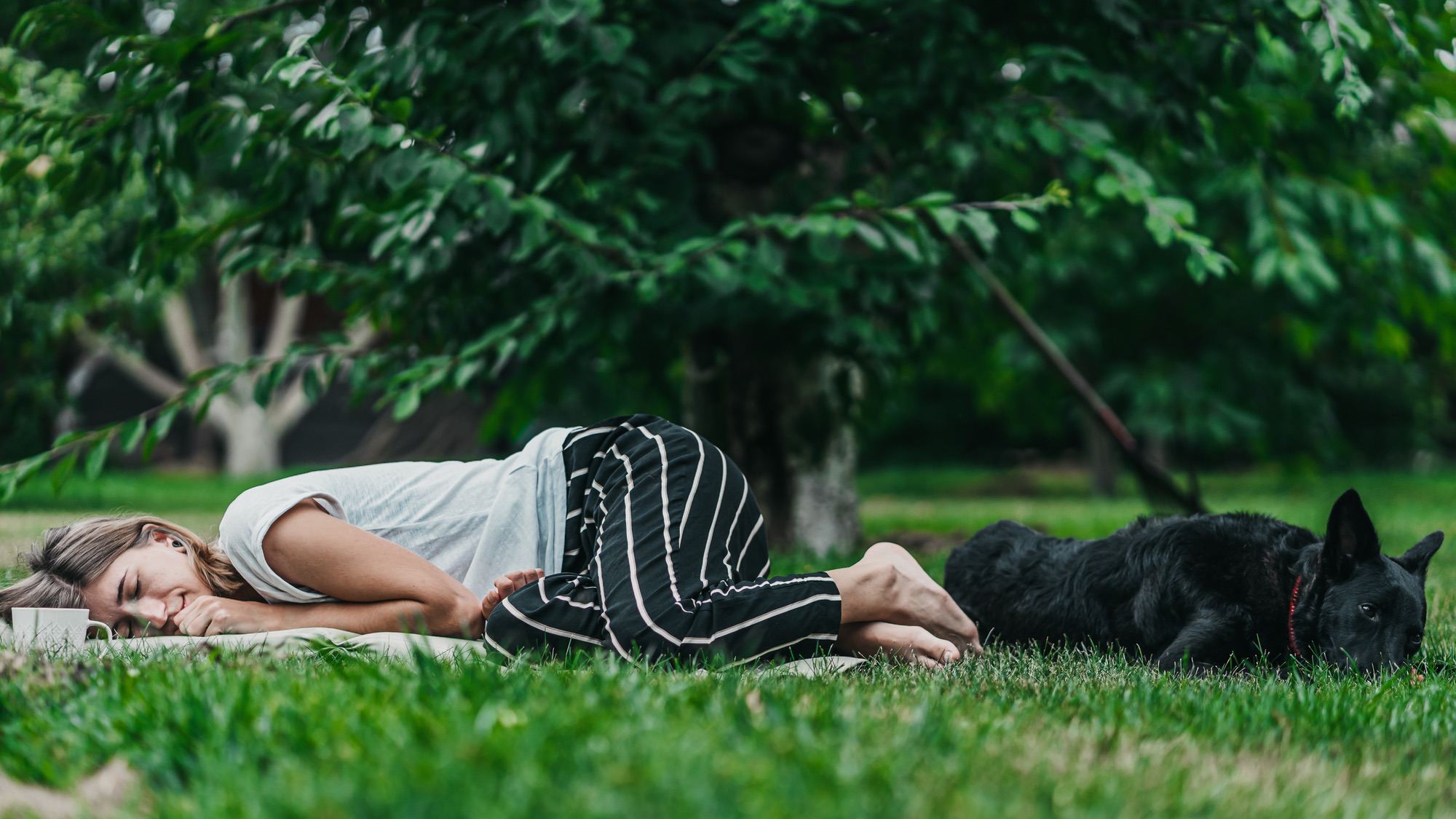
Nature deficit disorder
Nature-deficit disorder is not a formal diagnosis, but a way to describe the psychological, physical and cognitive costs of human alienation from nature, particularly for children in their vulnerable developing years.
Along with the advancements in technology, our propensity to spend time in nature is on the decline. Instead of playing outside after school, kids tend to spend free time online, alone. According to some estimates, kids spend about half as much time outdoors than kids just a few decades ago.
“A survey of 12,000 adults and children in the United States has shown that many people have lost a close connection with nature.”
Fewer people work outdoors than in the past, and they work longer hours.
The article, Humans once worked just 3 hours a day. Now we're always working, but why? suggests
Our phones and laptops keep us on call to our employers and side hustles (second and third jobs that fit into the cracks of the main one) 24-7
American children spend less time outdoors than ever before.
18.6 hours spent per week looking at screens
by kids aged 2-10, more than 2.5 times the recommended amount.
Only 10% of teenagers
between the ages of 13 and 18 spend time outdoors every day.
Studies suggest kids who play outside
end up loving nature as adults and wanting to take care of the environment.
source: THE WILDERNESS SOCIETY
Health benefits of nature
For some among us who've experienced some of the worst of what the world can throw at them, such as combat veterans who may or may not exhibit visible injuries, the power of nature is being used as one of the most restorative therapies — far better than drugs and, in some cases, more effective than counseling.
Spending more time in nature can lead to:
- More energy
- Better health
- Less depression and anxiety
- Better self-esteem
- Improved relationships
- Vitamin D in the normal range
- Lower levels of stress hormones
- A feeling of being relaxed
- More creativity
- A decrease in negative thought patterns
“Nature is fuel for the soul, ” says Richard Ryan, professor of psychology at the University of Rochester. “Often when we feel depleted we reach for a cup of coffee, but research suggests a better way to get energized is to connect with nature.”
In a study that followed more than 100,000 women, those who lived near higher levels of green vegetation had a 12 percent lower rate of non-accidental premature death compared to those living near areas with the least vegetation. Nature Heals
How do we correct this nature deficiency?
Have a room with a view or add plants to your office cubicle. Play sounds of nature in the background.
When you can, combine workouts with nature. Running with the wind in your face is more enjoyable than on a treadmill with a fan blowing stinky gym air anyways.
When it comes to physical nutrition and nature – choose whole foods in their natural state. Even better, if you can visit a you-pick farm! Time in nature can feel productive if you are outdoors and gathering some berries at the same time. Hey, it counts!
Forest bathing is not a new concept, but it is probably not something that comes up in your everyday conversation! “Hey, wanna meet up for some forest bathing this weekend?” Nature therapy.
Sunlight in the early morning hours can be very energizing. Learn how to use it to your advantage. Read Reset Your Inner Clock: The Drug-Free Way to Your Best-Ever Sleep, Mood, and Energy.
The key is to be proactive. You have to actually plan your escapes — schedule nature time into your calendar as you would any other important activity. Ecotherapy
If you have an indoor hobby, take it outdoors! Art, photography, and even board games can be moved outdoors. Check out this nature photography class on Skillshare taught by my favorite photography teacher, Tabitha Park. (By the way, this is my Skillshare referral link which will allow you to try Premium Membership free for 2 months – and when you use my link I also earn a month free.)
View this post on Instagram
Nature in the city
Hit up some urban green spaces or greenways if you are a city dweller. My friends and I always call this a “walk-n-talk” when we frequent the greenways to blow off steam.
People who have to walk a fur-baby naturally spend some time outdoors. Dogs and their owners will be happier if those walks are just a bit longer, or even include a game of chase!
Watch your kids play on the playground while you have a chat with your spouse or a fellow mom.
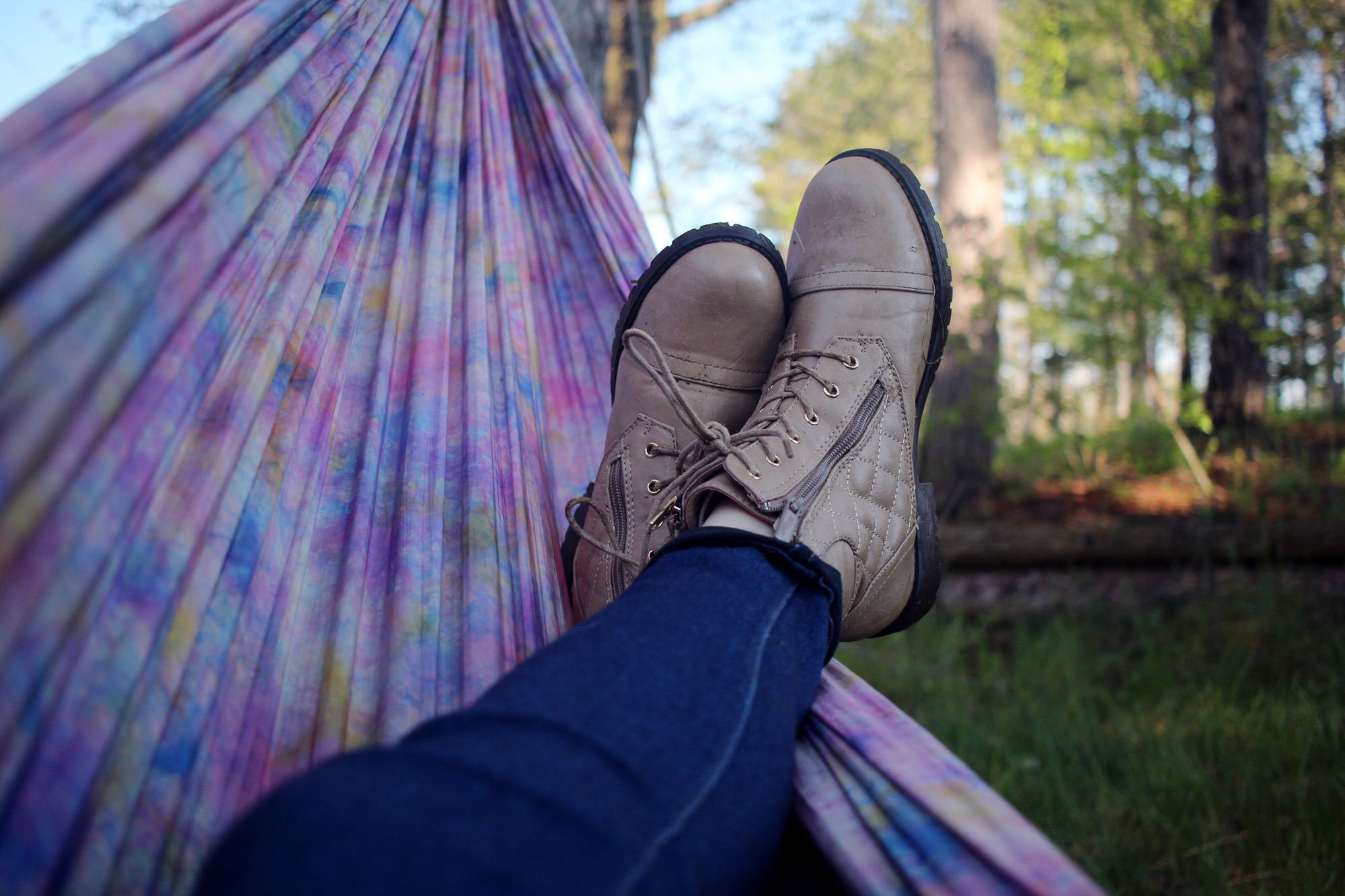
You don't have to be exercising while you spend time in nature. Lounging in a hammock, rocking on the front porch, dangling your toes in the water from the edge of the dock, or watching the clouds go by counts as time in nature!
Regular exposure to nature — even 30 minutes a day in a park — can connect you to some of its healing powers. Unlike our technology devices, nature connects us with living plants, animals, mountains, oceans, ecosystems, other people, our memories, dreams, and more. Turning off your devices and looking at the sky may be the most interesting, powerful action of your day. source: Shinrin-Yoku
In some countries, “nature therapy” is a possible treatment for medical patients. Now if I can get my insurance company on board…
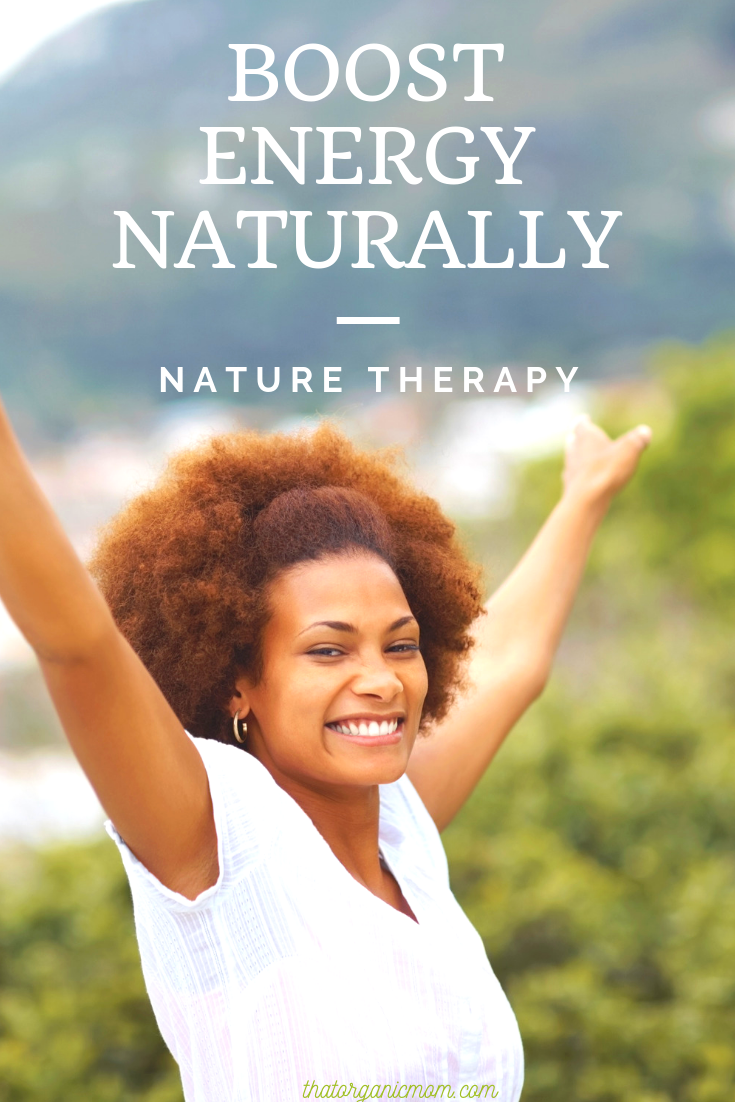

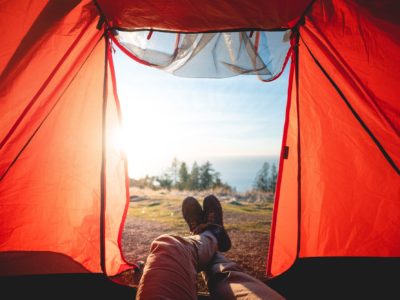
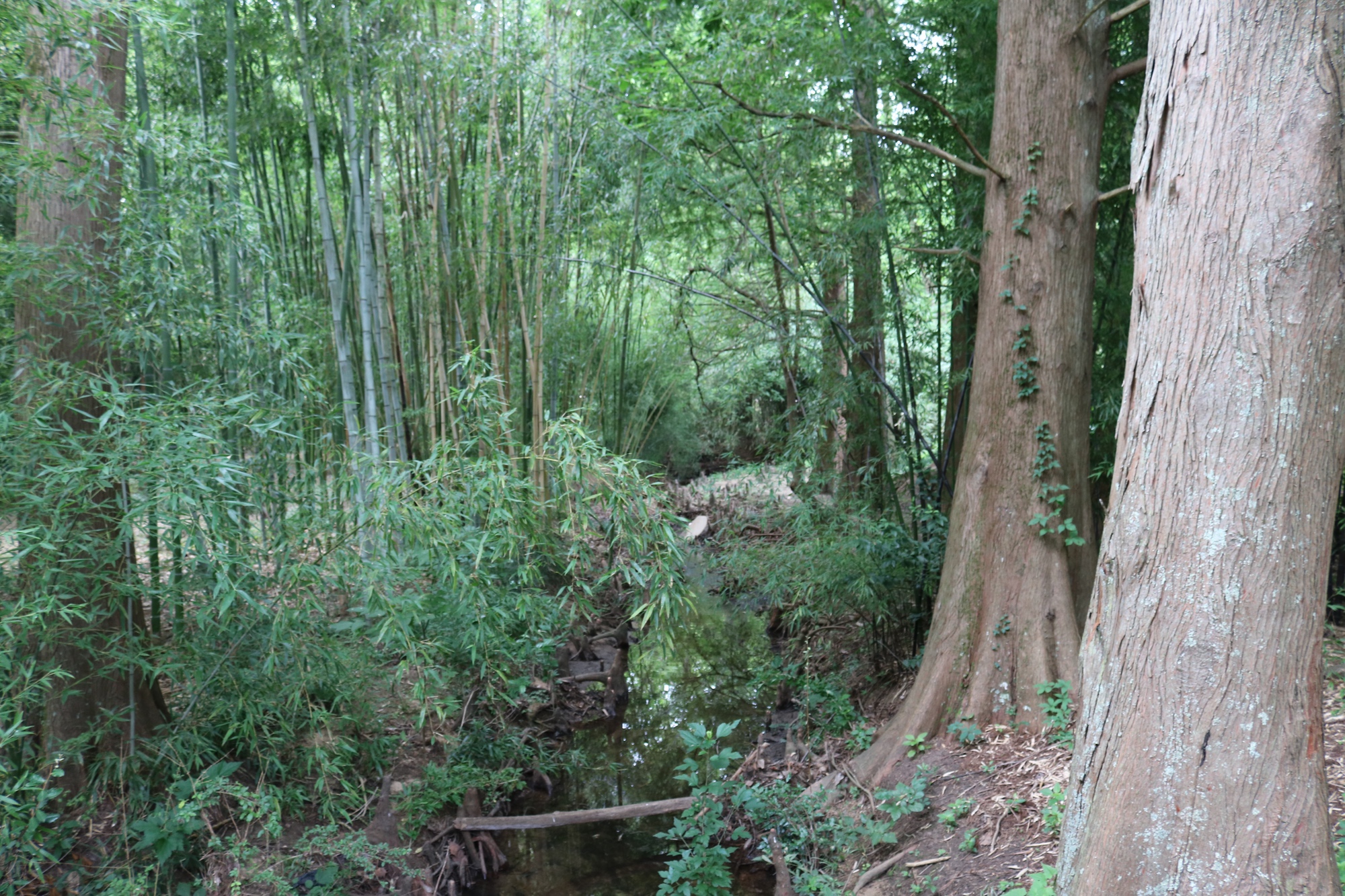
 Forest Bathing – A natural prescription
Forest Bathing – A natural prescription
Leave a Reply
You must be logged in to post a comment.